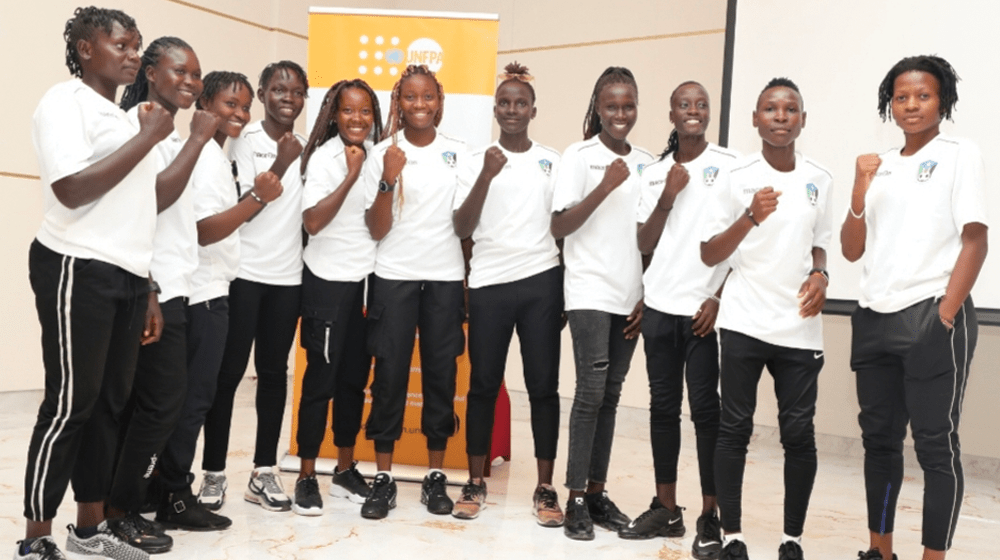Women's participation in sports has a long history. It is a history marked by division and discrimination but also one filled with major accomplishments by female athletes and important advances for gender equality and the empowerment of women and girls.
Increased involvement of women and girls can promote positive development in sports by providing alternative norms, values, attitudes, knowledge, capabilities, and experiences. The contributions of women, particularly in leadership positions, can bring diversity and alternative approaches and expand the talent base in areas such as management, coaching, and sports journalism.

Women in sports leadership can shape attitudes toward women's capabilities as leaders and decision-makers, especially in traditionally male domains. Women's involvement in sports can make a significant contribution to public life and community development.
“The participation of women and girls in sports challenges gender stereotypes and discrimination and can therefore be a vehicle to promote gender equality. Football cuts across tribes and boarders which accelerate peace and unity, and the empowerment of women and girls for the benefit of communities” said Grace Soga, a female athlete.
Particularly in traditionally masculine fields, women in sport leadership can influence opinions around leadership, decision-making ability, can significantly improve society and their communities.
UNFPA South Sudan is partnering with Starlets for Change Organization to harness the power of Sports to improve menstrual hygiene management, promote gender equality, prevent Gender Based Violence (GBV), and end child marriage.
"Exploring the intersection of football and reproductive health in South Sudan reveals not just the current knowledge, attitudes, and practices of adolescents and young people, but also the potential to empower and educate through sports." – Stella Bosire, SRH consultant
UNFPA conducted a focus group discussion with sportswomen, adolescent boys, and girls from various schools in Juba to understand their sexual and reproductive health needs. The engagement offered a platform for young girls to share their experiences on menstrual health management, access to reproductive health services, and understanding of gender-based violence, including the dangers of forced and child marriage.
The discussions will inform the development of a handbook/training manual which will be used in a yearlong cascade training by youth-led networks and adolescent reproductive health.
To improve menstrual health management during sports time at the stadium, UNFPA is further supporting the installation of a self-care facility for female footballers and support the team with training equipment for their talents to grow and become change makers in their communities


